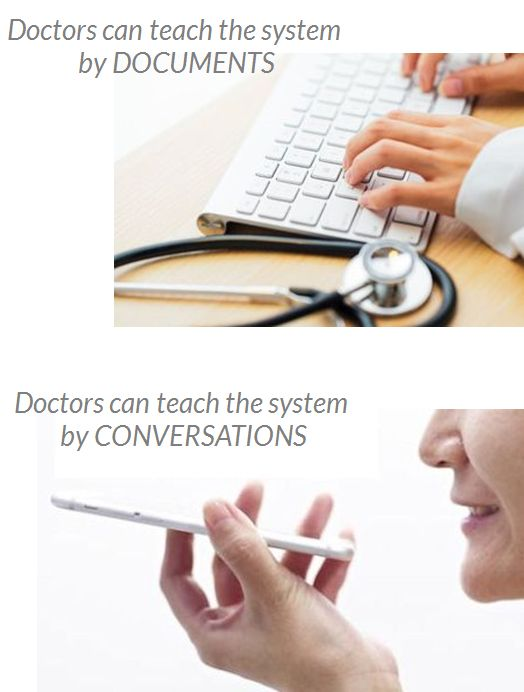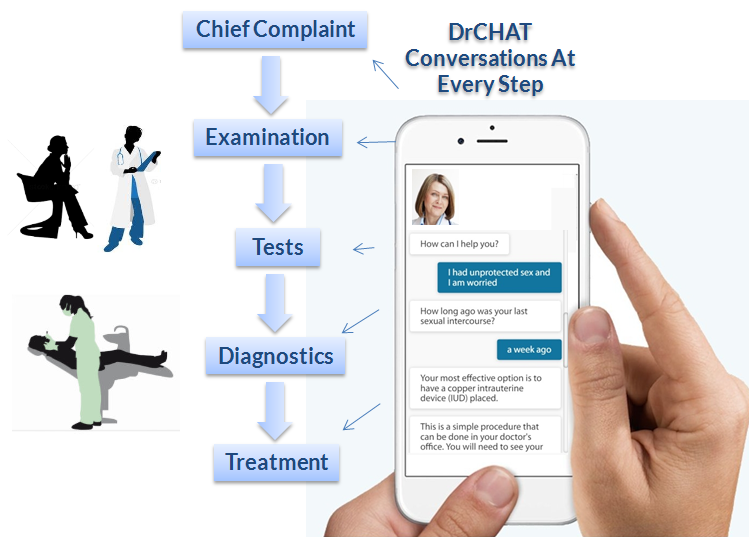Doctors Teaching This Chatbot to Help Patients 24/7

Most of us cannot not just pick up the phone and talk to a specialist medical doctor. Scheduling a doctor's visit would give us a 10-minute consultation window within a 2 - 3 weeks period. And we have to pay for it. Now, there is a revolutionary new way to access highly qualified specialist assistance, called DrCHAT. It is a virtual doctor, available 24/7, anonymous (no registration), and free of charge.
Collaborative Environment is an Essential Ingredient
DrCHAT is a collaborative environment where highly qualified doctors can transfer their expertise into the DrCHAT system by two simple mechanisms. The first mechanism is "teaching by reading" documents curated by the expert specialists. The company's proprietary AI technology allows DrCHAT to rapidly learn from curated knowledge without any coding effort. This step establishes a base-line coverage of medical topics and clinical processes.

The second mechanism is "teaching by conversations" where DrCHAT learns on the fly by talking to qualified specialist doctors. As a result, questions and answers can be added to the DrCHAT system continuously without any disruption to the ongoing operation. This step organically grows the depth of knowledge in the system.
Simulating a Doctor's Visit

Once DrCHAT learns a particular topic, it is ready to help thousands of patients simultaneously, delivering useful information based on up-to-date medical standards. DrCHAT gives a unique insight into how doctors think, what they ask, which tests they pursue, how they diagnose, and how they treat a condition. As a result, DrCHAT is a simulated experience of a doctor's visit. DrCHAT not only educates a patient, it also provides a professional medical reference point, or a 2nd opinion, as to what a patient can expect to experience at each step of the medical consultation process. Nevertheless, DrCHAT is not a replacement of a real doctor.
DrCHAT is currently providing assistance in women's health topics starting from emergency contraception and sexually transmitted infections (STIs), expanding to other health issues such as obstetrics, pregnancy, infertility, and menopause. The conversations with DrCHAT follow the industry standard ACOG guidelines for evidence-based medicine.
A recent article published in NY Times titled When Doctors Downplay Women’s Health Concerns indicates that seeing a doctor may be problematic, especially for women, and validates the vision that we should have virtual systems like DrCHAT as a reference point.